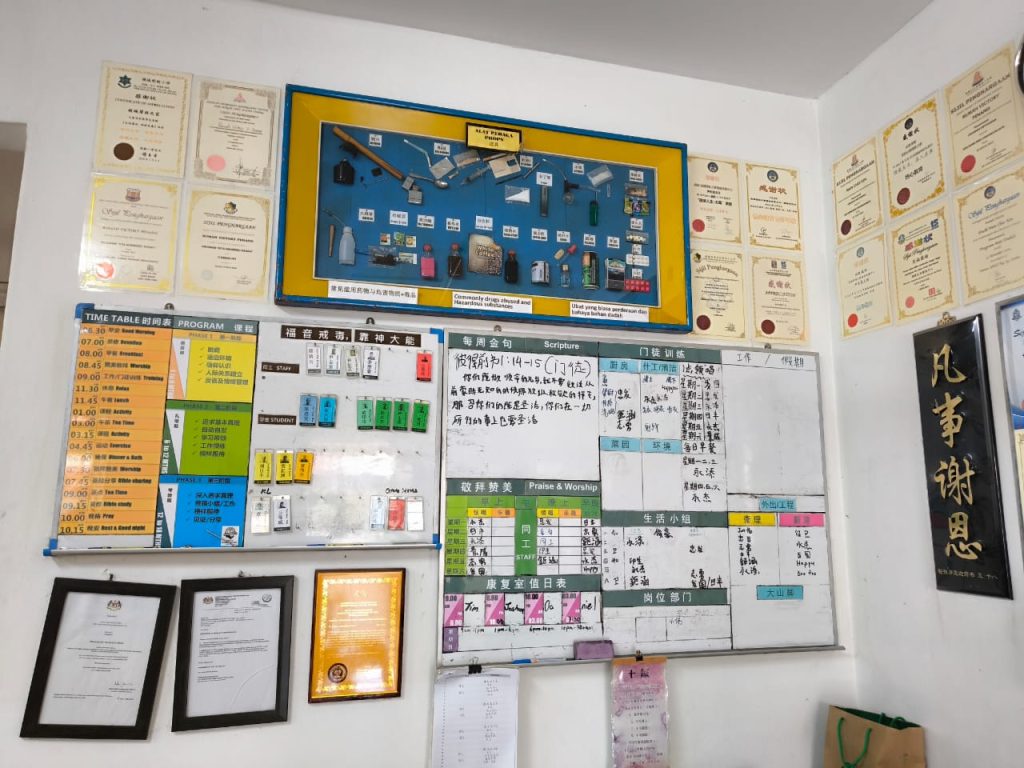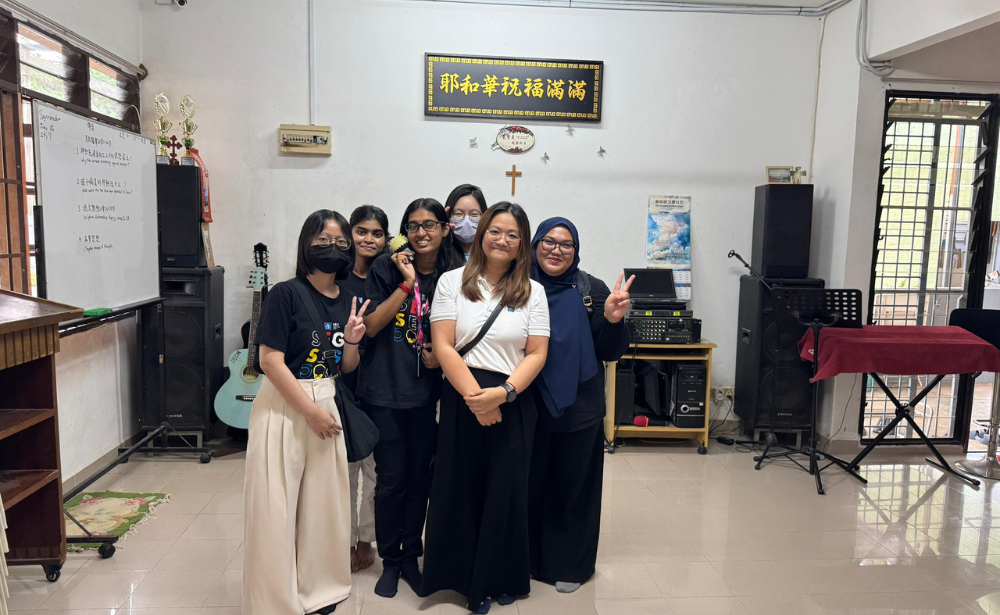In the ever-evolving landscape of mental health education, the Bachelor of Psychology (Honours) programme has taken a bold step towards experiential learning, ensuring students gain knowledge that extends far beyond the classroom. As part of the “Substance Abuse” module, students were given the unique opportunity to engage directly with professionals and clients in the field of rehabilitation—an experience that blended theory, practice, and empathy.
The assignment introduced students to two contrasting models of substance abuse recovery. Their first visit took them to Rumah Victory in Balik Pulau, Penang, a rehabilitation home rooted in a faith-based approach. Students observed how spiritual principles, structured routines, and communal living shaped the recovery process, and they listened to moving personal testimonies from residents whose lives had been transformed through this method.
The second part of the assignment offered a different perspective, as students engaged in an intimate dialogue with Mr. Hafizi Harun, Chairperson of PENGASIH Malaysia. A leading advocate of harm reduction, Mr. Hafizi highlighted therapeutic community-based interventions, counselling, and psychotherapy as effective tools in rehabilitation. His candid sharing about the challenges and breakthroughs in the field gave students a deeper understanding of the psychosocial realities behind substance abuse and recovery.

Beyond academic enrichment, this experience humanised the issue of substance abuse. By meeting individuals who are often stigmatised by society, students were able to challenge their own biases and develop a more compassionate, inclusive perspective. The direct exposure to lived experiences not only nurtured empathy but also strengthened critical reflection—skills essential for future psychologists and counsellors.
This initiative demonstrates how experiential learning transforms education from a passive process into an active, immersive journey. Students described the experience as “eye-opening, humbling, and inspiring,” underscoring its impact on both professional and personal growth. It reflects SEGi’s vision of producing graduates who are not only academically competent but also socially conscious and ethically grounded.
Such efforts go beyond classroom teaching—they echo a call for social justice, inclusivity, and advocacy for marginalised communities. By bridging academic content with real-world engagement, students are prepared not just as observers of society but as agents of understanding, change, and hope.
This initiative supports the United Nations Sustainable Development Goals:
- SDG 3: Good Health and Well-being
- SDG 4: Quality Education
- SDG 16: Peace, Justice and Strong Institutions

